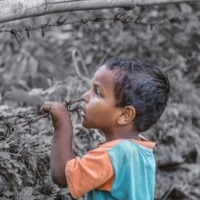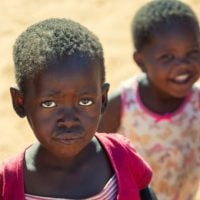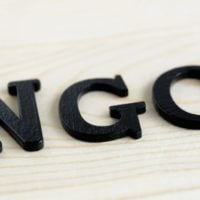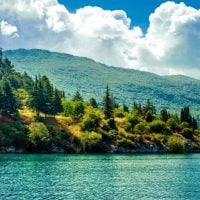Deadline: 29-Aug-2025
UNICEF has launched a call for expressions of interest to strengthen resilience and reduce climate vulnerability among children and communities in Papua New Guinea through the Climate Action for the Last Mile initiative.
The focus areas include communication for development, emergency preparedness and disaster risk reduction, training, capacity building and capacity development, and youth leadership and participation.
Papua New Guinea is among the most climate-vulnerable countries in the world, facing frequent floods, cyclones, droughts, and landslides despite contributing minimally to global greenhouse gas emissions. These impacts disproportionately affect children, disrupting access to education, health, nutrition, and protection services. In response, the Climate-Smart Social Services and Infrastructure (C3SI) programme has been designed to provide climate-resilient systems and services. Within this broader framework, the current call focuses on four key outputs: strengthening community-level climate information and early warning systems, improving data and evidence to inform the Children’s Climate Risk Index and resilience planning, supporting child-responsive climate policies and financing, and empowering children and young people to take leadership roles in climate action.
Expected results include enhanced access to climate-smart social services, effective early warning systems, stronger evidence-based planning tools, increased adoption of climate-sensitive policies, and mobilized youth and community engagement. Selected partners will also contribute to capacity development through training, on-the-job support, awareness-raising, and behaviour change initiatives, while closely coordinating with government at national and sub-national levels.
This initiative represents a significant opportunity for civil society organizations with expertise in climate governance, data systems, policy advocacy, community engagement, and youth empowerment to contribute to building resilience and safeguarding the future of children in Papua New Guinea.
For more information, visit UN Partner Portal.









































